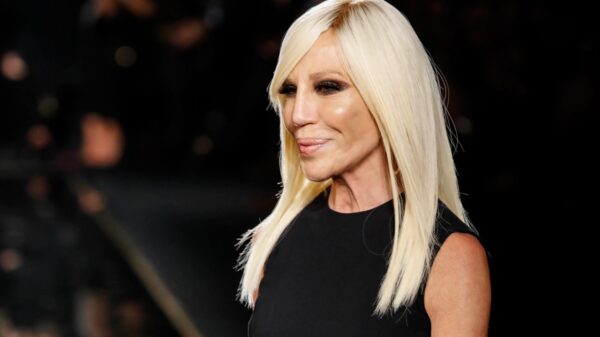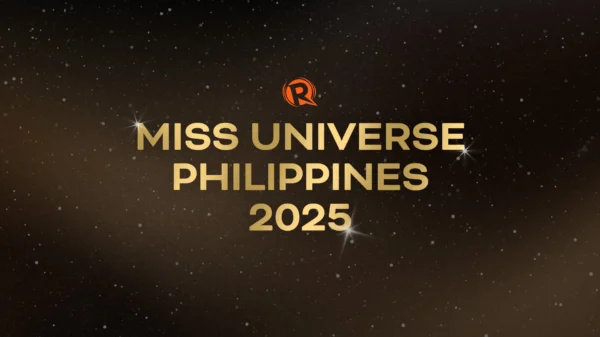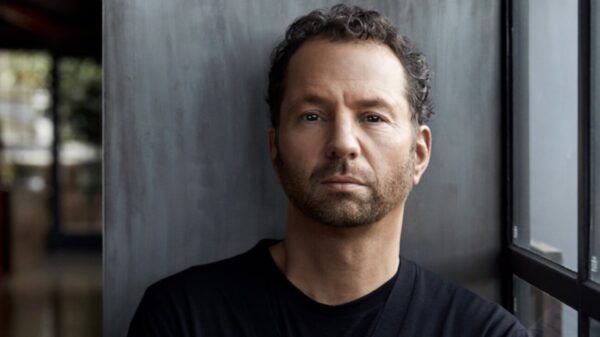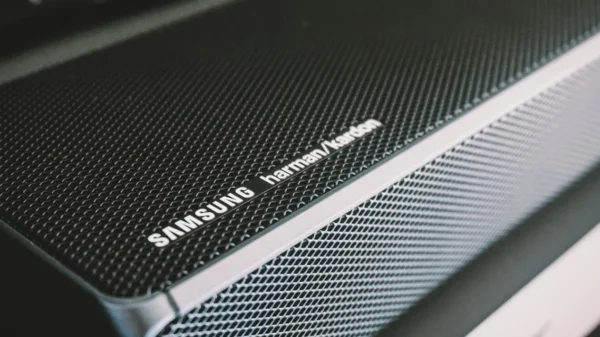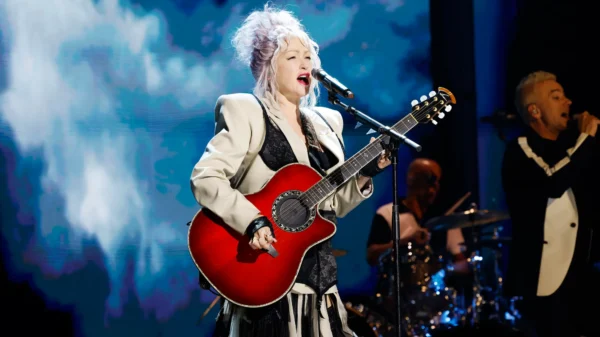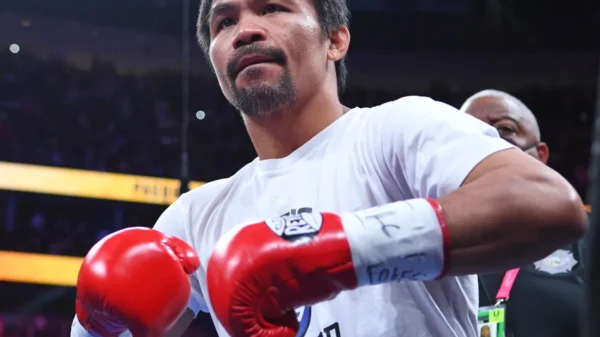In recent years, the proliferation of bootleg music merchandise has emerged as a significant concern for artists across the industry. From global sensations like Taylor Swift to legendary bands like KISS, the unauthorized production and sale of counterfeit merchandise not only hurts artists financially but also undermines their creative control and brand integrity. This issue is not new, but its prevalence and impact are escalating, posing a growing threat to artists’ livelihoods and artistic endeavors.
Bootleg merchandise refers to unauthorized replicas of officially licensed products, including T-shirts, posters, and other memorabilia bearing an artist’s name or logo. These counterfeit goods are typically sold without the consent of the artist or their management, often through unofficial channels such as street vendors, online marketplaces, and flea markets. While some consumers may view bootleg merchandise as harmless souvenirs or affordable alternatives to official products, its widespread availability poses serious consequences for artists and their industry.
One of the primary concerns surrounding bootleg merchandise is its adverse effect on artists’ revenue streams. Merchandise sales represent a crucial source of income for many musicians, particularly amidst the ongoing challenges facing the music industry, such as declining album sales and the rise of streaming services. By undercutting legitimate merchandise sales, bootleggers deprive artists of essential earnings that support their careers, tour expenses, and creative projects. This loss of revenue not only threatens artists’ financial stability but also compromises their ability to reinvest in their craft and connect with their fans through live performances and other ventures.
Moreover, bootleg merchandise undermines artists’ control over their brand and image. Official merchandise reflects an artist’s aesthetic vision and values, serving as an extension of their artistic identity. When counterfeit products flood the market, artists lose control over how their brand is represented, leading to inconsistencies in quality, design, and messaging. This can dilute the perceived value of their brand and erode the trust between artists and their fanbase. Additionally, unauthorized merchandise may fail to meet the same standards of ethical production and sustainability upheld by legitimate vendors, further tarnishing an artist’s reputation and environmental impact.
The rise of online platforms and social media has exacerbated the problem of bootleg music merchandise, providing easy access to counterfeit goods and enabling unscrupulous sellers to reach a global audience. While some platforms have implemented measures to combat the sale of counterfeit products, enforcement remains challenging, and new sellers often emerge to fill the void left by those shut down. The anonymity afforded by online marketplaces makes it difficult to track and hold bootleggers accountable, perpetuating a cycle of infringement that continues to harm artists and their industry.
In response to the growing threat of bootleg merchandise, artists and industry stakeholders have taken various measures to protect their rights and combat counterfeit sales. This includes legal action against infringing sellers, the implementation of anti-counterfeiting technologies in official merchandise, and public awareness campaigns to educate consumers about the risks of purchasing unauthorized goods. However, addressing the root causes of bootlegging requires a concerted effort from artists, fans, and policymakers to uphold the value of creativity and intellectual property in the digital age.
Ultimately, the proliferation of bootleg music merchandise poses a significant challenge to artists’ ability to thrive in an increasingly competitive and volatile industry. From iconic figures like Taylor Swift to legendary bands like KISS, artists of all backgrounds and genres are vulnerable to the financial and reputational damage caused by counterfeit merchandise. As the problem continues to escalate, it is essential for stakeholders across the music industry to work together to safeguard artists’ rights, promote ethical consumption, and preserve the integrity of creative expression for generations to come.

